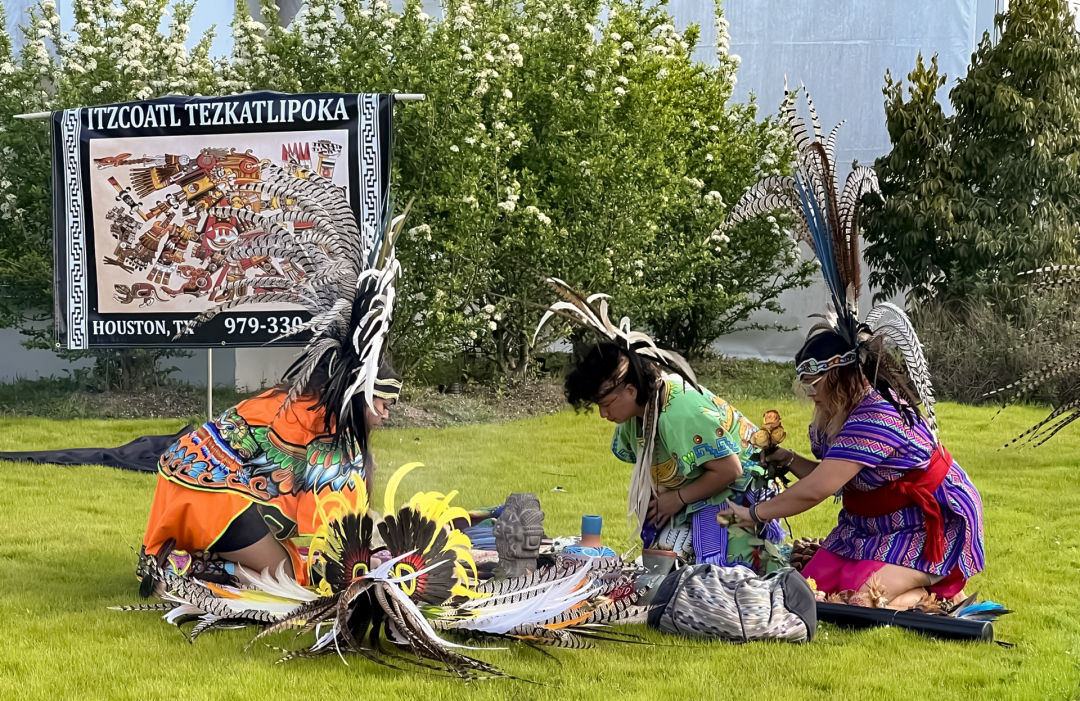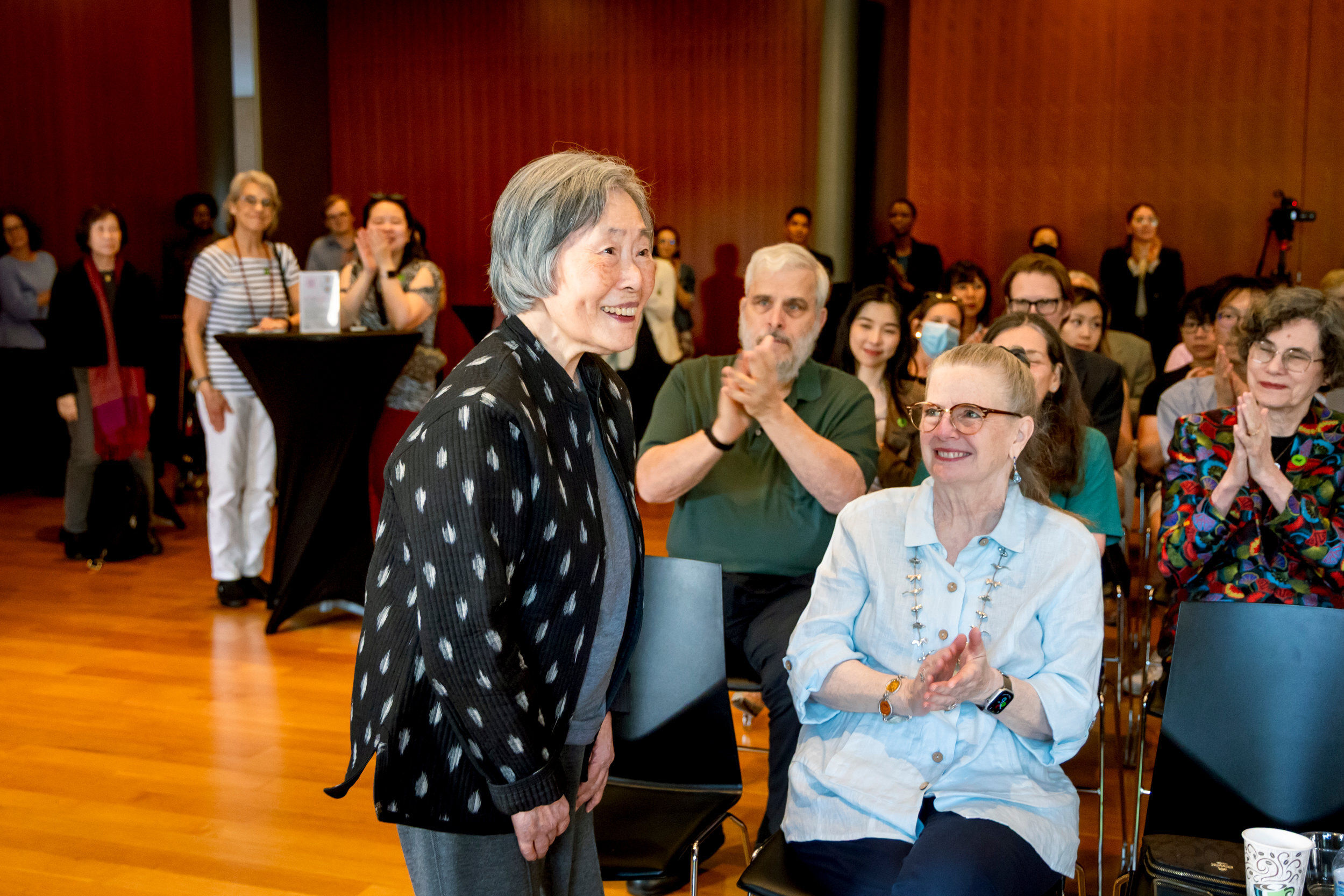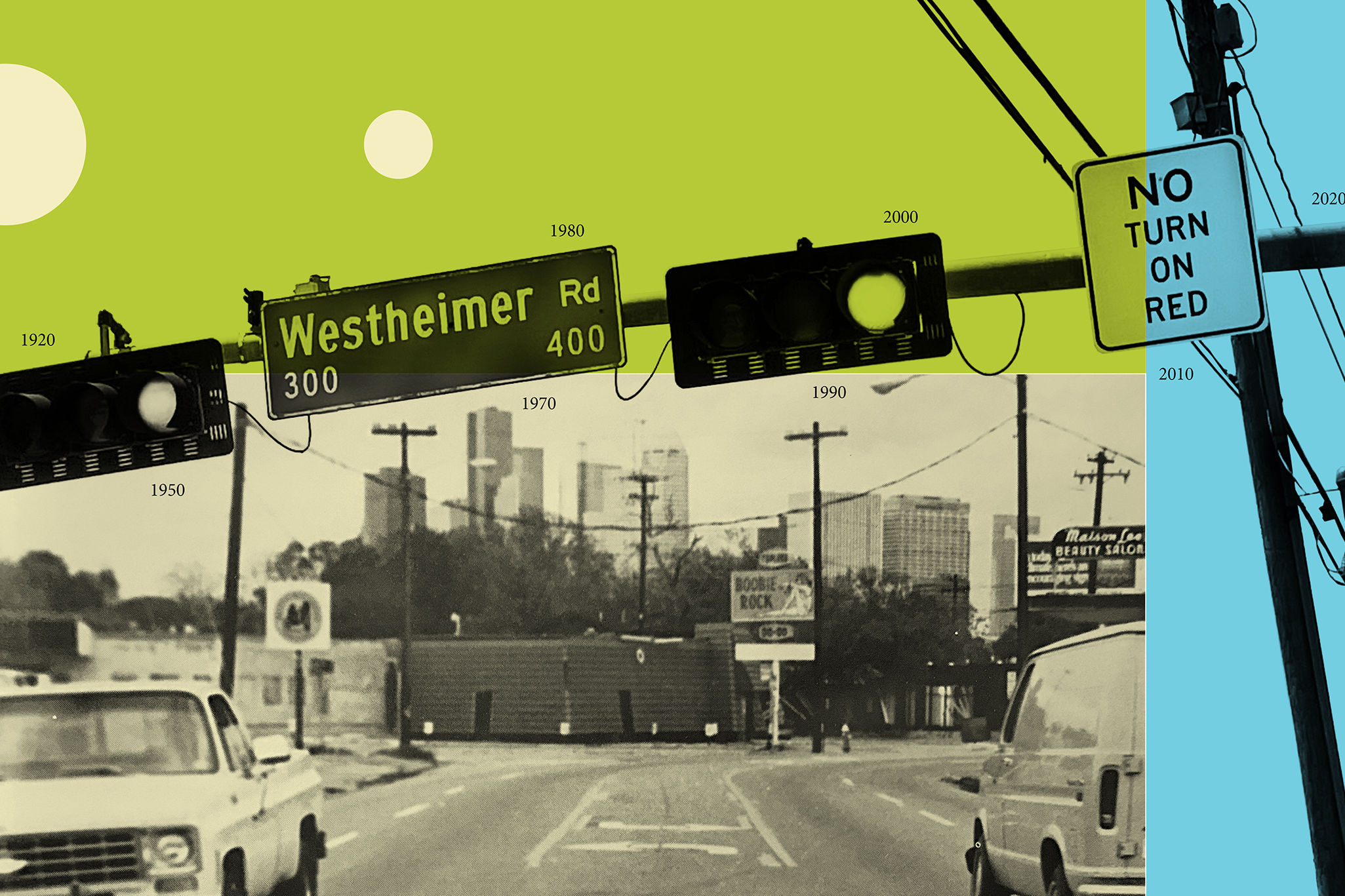How a New Group Is Reclaiming Texas’s Almost-Lost Native American Culture

The American Indian Center of Houston is trying to keep Texas Native culture alive.
As we celebrate Indigenous Peoples’ Day on October 9, it’s essential to recognize the often-overlooked Native populations that call Houston home. The American Indian Center of Houston (AICH) has been at the forefront of promoting Indigenous culture, preserving traditions, and raising awareness about the history and contributions of Native American and Alaska Native peoples in the Houston area for three years.
Founded in 2020 by Nikki McDonald, a member of the Tunica-Biloxi tribe of Louisiana, the AICH arose from a need to embrace the Indigenous cultures of the fourth-largest city in the United States. According to the 2020 census, around 80,000 individuals in Houston identify as American Indian or Alaska Native. The organization uses community outreach, educational sessions, and cultural programs to work with the Indigenous population in the city.
Houston and the broader Texas region have a deep and complex Indigenous history. Before colonization, the region was home to numerous thriving tribes, each with its unique culture and traditions. Among these were the Akokisa, Karankawa, Caddo, Comanche, and many others, who inhabited various regions of what we now know as Texas, from coastal plains to dense forests.
The 1800s was a challenging period marred by genocide for these once-vibrant communities. Stephen F. Austin’s Old Three Hundred, a group of settlers who received land grants in Austin’s first colony, and other European colonizers killed, displaced, and fragmented these tribes. Many of them, like the Apache and the Comanche, integrated with other Native and non-Native communities, while others sought refuge in Mexico.
“Due to war and colonization, a lot of the tribes that used to live here, unfortunately, no longer exist,” explains Allison Puffpaff, the civic engagement coordinator at the AICH.
Texas only had one reservation until the 1960s. Boarding schools, albeit a painful chapter in Native American history, were nonexistent in Texas as Indigenous populations were largely absent from the region. Puffpaff explains that the few who remained were “shipped off to Oklahoma.” This traumatic period in history continues to affect descendants today.
“Texas doesn’t really have a lot of newer Indigenous cultures in history just because so much of it was obliterated,” Puffpaff says. “So, currently in the Houston area we have one reservation that’s within a three-hour drive up in Livingston, that is the Alabama-Coushatta.”

Once filled with many diverse Indigenous nations, Texas is now home to only a handful.
Today, Texas is home to three federally recognized tribes: the Alabama-Coushatta, the Ysleta del Sur Pueblo in El Paso, and the Kickapoo Nation on the Mexican border near Eagle Pass. The AICH actively collaborates with these tribes, as well as other Indigenous groups like the Tunica-Biloxi in Louisiana and the Osage Nation in Oklahoma, to help preserve their cultures and traditions. The organization conducts initiatives like traditional powwows, job training, language and craft classes, events on boarding school trauma healing, and more.
Recently, the AICH has been focusing its efforts on expanding voter participation of the city’s Native population, including partnering with organizations like Rice University’s American Indian Group on October 9 and 10 to promote voter registration and raise awareness about Indigenous voting. Puffpaff says she encourages Indigenous voters to mark their identity on the ballot so they can become more visible in society.
The AICH also partners with local organizations to spread more information on Native American history. A recent event with Houston Community College showed the National Geographic Channel’s movie, Our America: Reclaiming Turtle Island, about Native sovereignty in the US. Puffpaff believes that the more information put out there about the beautiful but painful history of Native Americans, the more people of Indigenous descent will be able to reclaim their identity.
“There’s a lot of negative stereotypes that have gone against American Indians and Alaska Natives for many hundreds of years,” Puffpaff says. “It is important for people to bring out their culture, bring out their tradition, bring out their ancestry, and bring recognition to it. This isn’t something to be ashamed of anymore. You need to be proud of who you are.”




